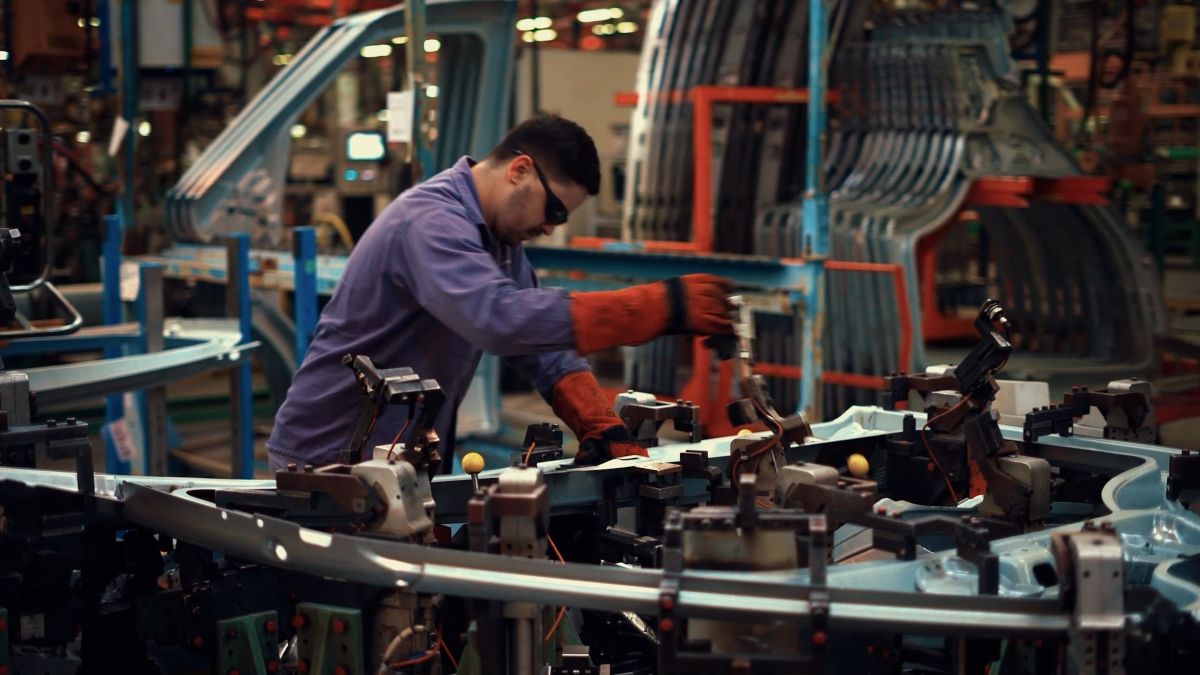Every September 2, Argentina commemorates Industry Day, in honor of the first shipment of national manufactures towards Brazil in 1587. That milestone marked the birth of a sector that, for decades, was synonymous with economic development, employment and growth. However, today we live another key moment: the crisis and the rethinking. The industry as it was known is in transformation. It is no longer enough to produce: the true value is in the service that surrounds the product.
In the last century, industrial success was measured by productive capacity, efficiency and scale. Today, globalization and digitalization led to the products easily replicable and available in many places. The differential is no longer in what, but in how. That “how” implies attention, accompaniment, experience, customization: the ability to build a link with the client that transcends the physical good.
International examples of the transformation
The transition to service -centered industrial models is clear globally. In the automotive sector, companies such as Toyota or Ford no longer only sell cars, but offer leasing, post -sales, insurance, connectivity and models of “auto as a service”. In the textile, Zara, more than clothes, sells speed, just-in-time logistics and attention to the trend in real time. In the food industry, brands that communicate traceability, sustainability and closeness manage to stand out beyond the quality of the product. In Technology, Apple built its empire offering an integral experience that includes hardware, software and service, while Amazon consolidated by confidence and efficiency in its customer service.
Argentina and its pending debt with the service culture
In Argentina there are also examples of this change. In the appliance sector, many SMEs understood that competing only for price is to lose, and that is why they offer extended guarantees, personalized attention and direct digital channels. In metallurgical and autopartists, the strategy became maintenance, technical training and integral solutions, instead of limiting itself to production. In the food field, companies that have B or Certifications with clear sustainability policies build value around the product and not only on the price.
A pending debt is the culture of the service. As Guillermo O’Donnell said, Argentina not only suffers from weak institutions, but also of weak interaction cultures. Attending well in Argentina is usually seen as an act of condescension, when in reality it is an essential component of competitiveness. We have curious habits: businesses that treat the client as a discomfort, companies that neglect after the after -sales as if the relationship ends with the invoice, public and private organizations that prioritize the process over the person.
While the world advances to an experience centered, in Argentina an important debt persists in the service culture. This lack subtracts us competitiveness and limits the possibility of transforming the link with the client into a true growth engine.
Data that mark the urgency of a change
In 2024, manufacturing industrial production fell 9.4 % compared to 2023, according to official INDEC data. In June 2024, the monthly Economic Activity Estimator (EMAE) showed a drop of 20.4 % year -on -year in the industry. In March 2025, the industrial installed capacity was only 53.4 %, compared to 67.3 % in March 2024. These numbers reveal that producing no longer reaches: it is necessary to integrate service, attention and experience.
Industry Day cannot be just a celebration of the past; It must be a turning point towards the future. The differential will no longer be the machine or the product, but the organization that knows how to listen, adapt and care for the customer. Giving good service is not to be lowered, it is creating value. Until we internalize that premise, we will continue to lose competitiveness in a world that advances towards the link and experience.
Industrial engineer and CEO of PCH, consultant specialized in the professionalization of SMEs.
Source: Ambito
David William is a talented author who has made a name for himself in the world of writing. He is a professional author who writes on a wide range of topics, from general interest to opinion news. David is currently working as a writer at 24 hours worlds where he brings his unique perspective and in-depth research to his articles, making them both informative and engaging.




